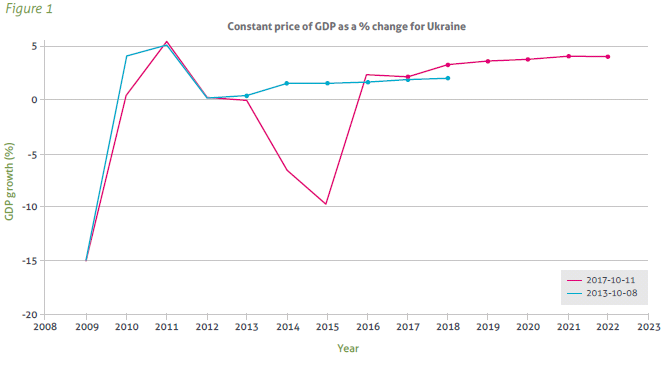Sponsored Content
By guest contributor, Cameron Hume.
We are frequently asked how we apply ESG factors to our investment in sovereign bonds, for example, do we use ESG factors to weigh the relative merits of the environmental or social policies of the Swedish or Australian government? Our brief answer (which, as is the nature of brief responses, says everything and nothing) is that we consider ESG factors to the extent that they affect the issuer’s ability and willingness to service their debts. In this paper, we aim to provide a fuller example of how ESG factors influence investment decisions in sovereign bonds. We hope to demonstrate that ESG factors can influence the market pricing of bonds as well as a country’s economic fundamentals and its prospects for sustainable growth.
To begin, a bond is a contract and, for it to be binding, contract law requires all parties to have entered into it freely. For a sovereign issuer, the government of the day is committing future generations of taxpayers to service its debt. In what sense have future taxpayers entered into this obligation freely? One test for this is whether the country is a representative democracy. If the government has not been democratically elected, elections were biased, or the government is corrupt, then the legitimacy of the government and hence the enforceability of the contract is open to question. As such, this is an ESG risk factor, primarily because it means the bond contract could be challenged, which, in itself, may influence the issuer’s willingness to repay.
More broadly, the quality of a nation’s institutions is widely accepted as having a profound influence on the sustainability of growth1. The sustainability of growth will positively influence a country’s ability to service its debt and a prosperous and equitable country is more likely to be willing and able to service those same obligations. Reflecting this and as part of its commitment to the UN Sustainable Development Goals, the IMF will generally make its loans conditional on institutional and economic reform. The IMF thus integrates ESG into the consideration of its investments, and could indeed be considered the leading example for debt-based responsible investment.


